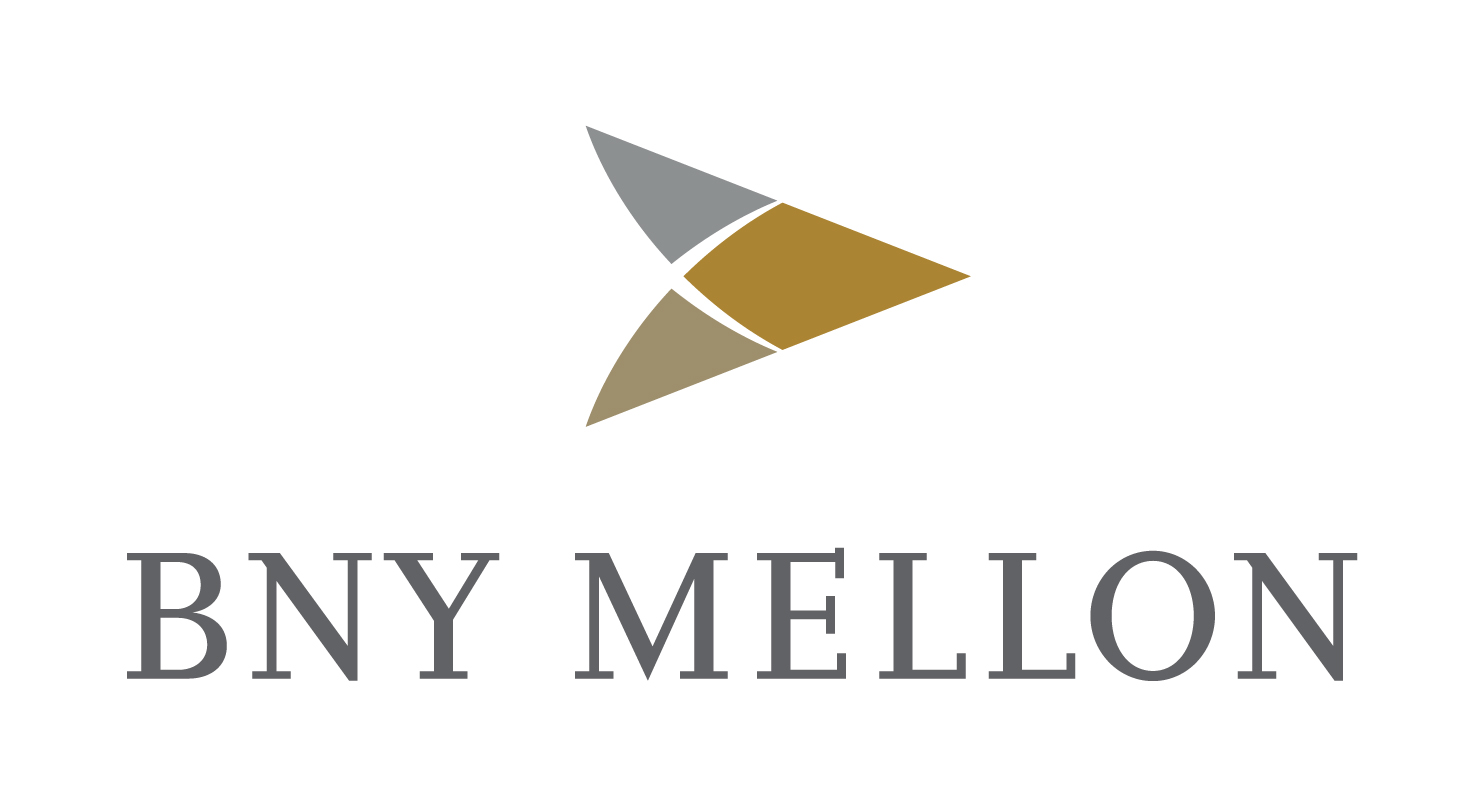In an exclusive interview, SAMIR SAHU, head of transaction banking services at Emirates NBD, talks to Cash & Trade
What are the bank’s transaction strategy and its market?

The bank’s transaction strategy has been to service, at an attractive price point, corporate and SME businesses through technology solutions that facilitate clients who give us their whole turnovers.
This business was set up in Emirates NBD six years ago to serve the growing demand of corporate in the UAE. This area of business provides the bank with avenues to deepen the share of customers’ wallets and also be able to increase the bank’s risk-free fee income.
Within the bank, therefore, we are a relatively new business that has shown exponential growth both in terms of numbers and value. In addition, this has created significant cost savings and improved the customer’s service experience. So, in terms of value creation, the impact is very significant.
What is the impact of transaction banking to the bank’s risk management?
Transaction banking solutions have been technology led and this has given us the opportunity to mitigate transaction risks through a variety of solutions that cover access security, authorisations, transaction flow and transmission, AML and compliance filters to name but just a few.
What is most demanded by a corporate when it comes to cash management capabilities – for example, is it security, pricing or technology?
In my experience, customers value service over everything else and service has many components. It includes delivery of a great solution that is backed by qualified advisers who facilitate the customer through their transaction needs instead of merely administering their request.
Customised solutions are in high demand by businesses and you can deliver that only if it is understood and treated as a service proposition.
What are the bank’s IT capabilities and policy regarding customer integration?
The bank’s cash management platform has been developed in-house and there have been significant investments in the new core banking platform, as well as improvements in the cash management platform, to meet the emerging needs to the customer.
We have been able to provide significant value by integrating with a customer’s data sources within the security policies of the bank, with capabilities such as customer file transfers and settlement services for commodity exchanges, providing the customer with seamless experience in transaction processing.
International players do have a leading share of MNC business because of their global footprint. However, as a regional bank we have a significant share of domestic, regional and SME businesses. In addition, we provide products and services with a domestic flavour while staying true to international cash management capabilities. This has helped us build up an MNC client base as well.
How does the bank meet the need for a panregional corporate without branches outside the UAE?
Pan-regional corporate and global businesses that are headquartered in the UAE use our corporate internet services extensively. This also applies to MNC and SME businesses that operate in the UAE but are resident around the globe or have regional treasuries and payment centres.
What is the bank’s experience of factoring and does it see growth in this area?
Our experience with factoring has been very positive and in current market conditions has shored up quite well.
Emirates NBD factoring services have always been based on the trade cycle of our clients, and provide need-based working capital finance to our corporate clients. Factoring as a product compliments our offering and provides valueadded services of collections, protection and purchase. The product has immense potential to grow in the local and regional market, and now several banks in the market have started offering factoring.
SWIFT is now promoting its services to corporates. What is the bank’s view on this?
Banks have invested significantly in their proprietary systems and will be keen to achieve differentiation through unique products and solution that go beyond payments and trade.
However, it is likely that larger MNCs and regional corporate will use SWIFT as an additional channel for payments and trade as they are heavily multi-banked and would like to reduce the number of banking interfaces for internal efficiencies.
So both options will co-exist and play their role within the applicable segments and it is likely that bank portals will be preferred by mid-size corporates and SMEs.
Market trends: how will electronic banking needs grow/change?
Electronic banking needs will continue to grow but we see a shift towards ERP integration for large corporate customers.
We also see a need for a consolidated view of banking relationships through a single platform, even for smaller companies with multiple banking relationships.
Pressure on margins and manpower costs will drive customers and banks towards automation and electronic banking will benefit from this trend.
Regarding STP (straight through processing) – is it only corporates asking for such sophisticated products or SMEs as well?
STP awareness is global and commonplace today. If I can pay for and obtain my airline ticket on-line then it is understandable for bank customers to expect such finality in their financial transactions.
There is no option but to go along the STP route and, in my view, this will also include nonfinancial services such as cheque book requests, address and signatory changes etc in addition to international transfers and LCs.
Our view is that it is not only large corporates that demand straight through processing but also SMEs. Today, SMEs are typically run by owners who are technologically aware and want to work their money harder. Such awareness makes for demanding customers who drive innovation in those products and services offered.
 Cash And Trade Magazine For Cash and Trade professionals in the Middle East
Cash And Trade Magazine For Cash and Trade professionals in the Middle East




